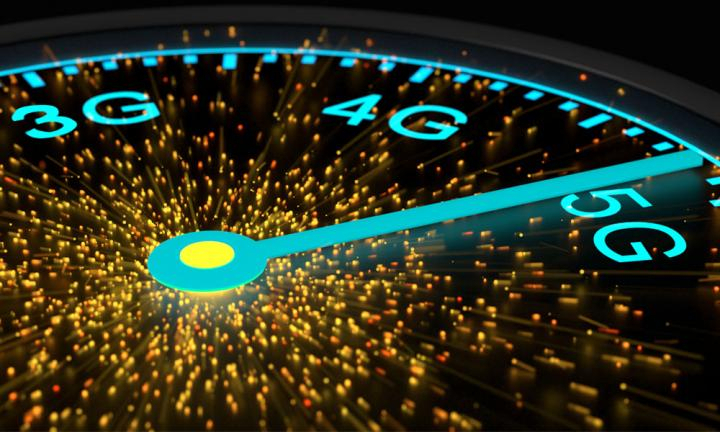
Thousands of people gathered in front of the Swiss parliament building to protest against the roll-out of a 5G wireless technology, which they fear could damage people's health.
Terming the wireless as "forced radiation", the protestors on Saturday carried placards and demonstrated in Bern to stop the construction of more 5G-compatible antennae, the SWI reported.
"The fact that so many people turned out today is a strong sign against the uncontrolled introduction of 5G," said Tamlin Schibler Ulmann, co-president of Frequencia, the group that organized the rally.
"We are for low-radiation living spaces and for freedom of choice with regard to the means of communication," the organization's communiqué mentions.
Monaco became the first country in Europe to bring a 5G network in July this year from Chinese firm Huawei, which has been banned by the US over security concerns.
South Korea was the first country across the world to adopt 5G technology on a large scale, with carriers including Samsung, Ericsson and Nokia base stations using it.
Swiss, however, argue the electromagnetic radiation the new system emits poses unprecedented health and environmental risks compared to previous generations of mobile technology.
Several cities in Switzerland, including Geneva, Vaud, Fribourg, and Neuchatel, have been prevented from bringing out the technology by online petitioners across the country through postponement of construction of antennae as a precaution.
According to AFP, the Swiss Federation of Doctors (FMH) has also argued for a cautious approach to the new technology that delivers multi-Gbps peak rates, ultra-low latency, massive capacity, and more uniform user experience.
Switzerland in February this year attributed 5G frequencies to three major operators -- Swisscom, Sunrise, and Salt, but its opponents have been trying to gather the 100,000 signatures needed for a referendum on imposing a moratorium on the technology until its risks can be properly assessed.
The operators, who have been pushing the cutting-edge technology in television advertisements and on billboards, had by July stationed 334 5G antennae operational across the country.
The World Health Organization has been "conducting a risk assessment of health outcomes from radiofrequency fields exposure".
A group of experts was also appointed by the Swiss government last year to probe the risks involved with introducing 5G and its impacts on public health. Its findings should be published by the end of 2019.









